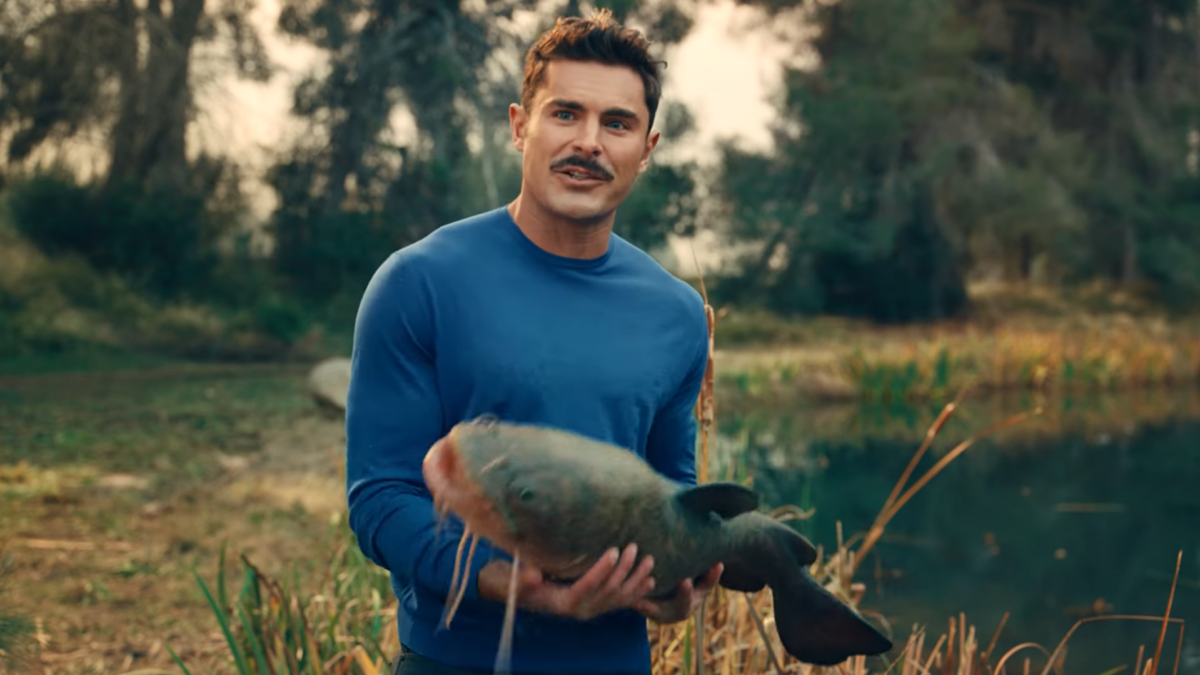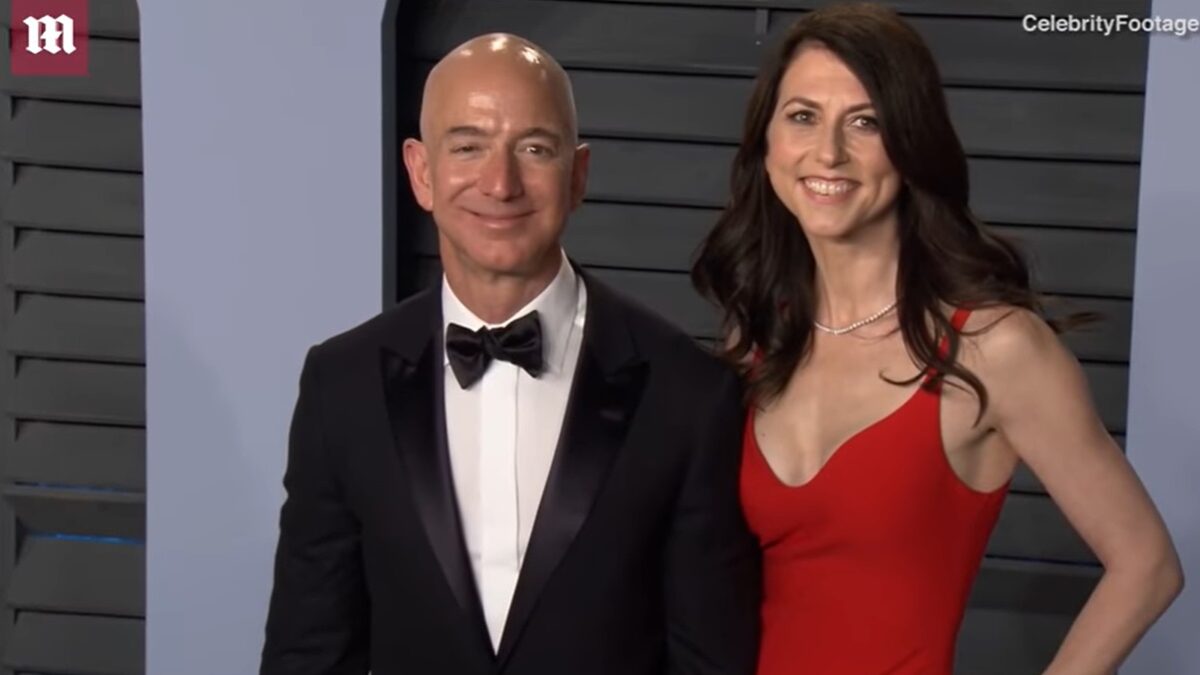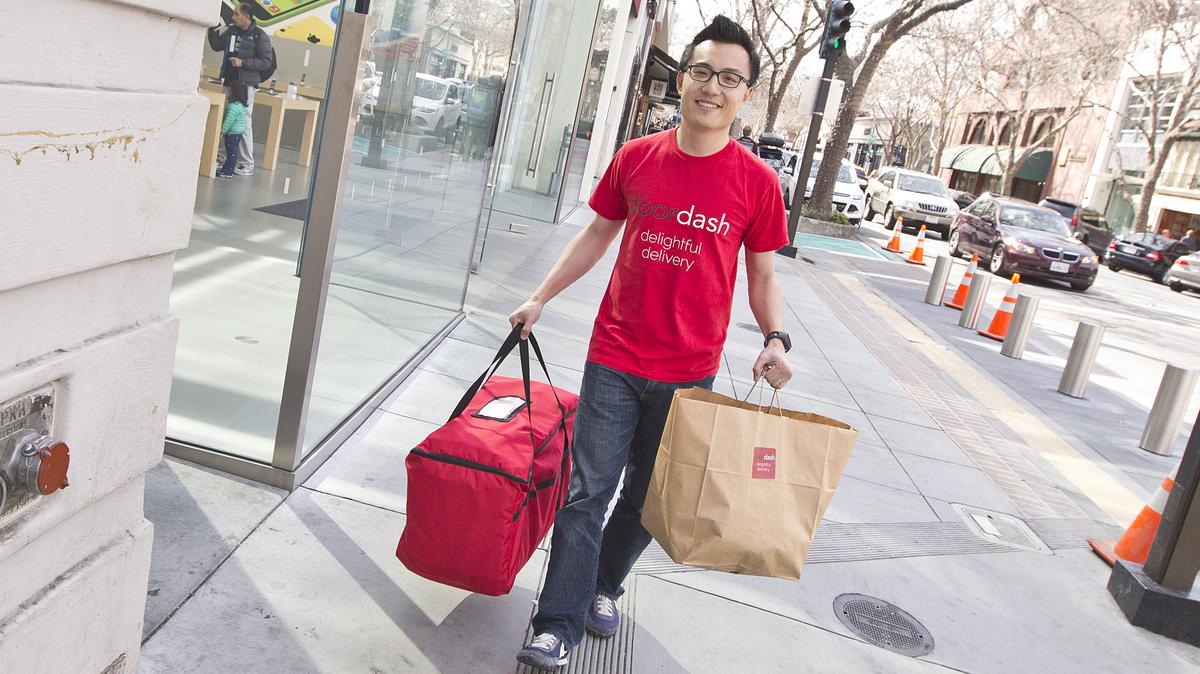While pressuring Americans to take extreme measures to potentially reduce health risks for one disease only and otherwise regularly inserting themselves into people’s private lives, it appears corporate America will not recommend better-proven protective health actions: encouraging healthy eating, exercise, and friendship. This was evidenced in multiple Super Bowl commercials on Sunday.
Here’s one from Doritos that inserts its highly synthetic product into a gorgeous nature setting and depicts beautiful animals getting dopamined-up on food chemicals that appear to directly affect the brain. Not to mention that regularly consuming junk food like this makes people fat, which puts them at greater risk from a Covid infection — and pretty much every other health problem.
Here’s the utterly depressing ad from Facebook alter ego Meta, which depicts its main characters losing their favorite things to do together and pretends that the energy and joy of a live jam session can be revived or recreated in virtual reality. Anyone who has ever participated in a jam session knows how utterly ridiculous that is. There is simply no substitute for being in person for that kind of musical and personal connection.
And we all know that people’s skills don’t grow in the Metaverse; they atrophy. You can be a Guitar Hero while still being completely unable to play an actual guitar.
In addition, it’s been proven that Facebook products like, well, Facebook and Instagram can increase people’s mental instability and unhappiness. They’re designed to act like dopamine slot machines, and that means distorting people’s emotional processes in addiction rather than the healthy ups and downs you get from in-person connection.
We know that people with stronger personal connections and greater mental well-being are far more likely to recover, and recover faster, from any disease, from Covid to cancer.
The same thoughts apply to this AT&T ad for faster internet that lets you stay sucked into virtual reality longer. Yay, that’s definitely what we need. Notice again how the ad plays on natural imagery to connect your thoughts about fake life with some of the most beautiful settings and experiences possible in real life — nature. Yet both the ad and its product work to disconnect people from nature.
In addition, notice how, just like in virtual reality, the men competing below only need to take about one second between “leveling up” in their competition with each other, another parallel to virtual reality. The ease with which people can get endorphins from fake accomplishments in video games and other online amusements reduces their patience for achieving real-life accomplishments, which take lots of time and lots of setbacks that require perseverance to overcome.
Here’s another junk food commercial, from Pepsi. This one was dubbed No. 1 of the 2022 Super Bowl.
As an ad, it’s not bad. Kind of a man’s fantasy, which is fine. But just juxtapose this casual glorification of foods that are best eaten and drunk in moderation against Big Corporate’s last two years of socially pressuring people to make extreme changes to their lifestyles in the name of health. Guess their “social responsibility” has some pretty stiff limits.
You might say, “Of course they’re advertising these things — this is what they sell!” And I’d be fine with that if Big Food just stuck in their lane and unabashedly peddled foods and activities that will kill people faster because people enjoy them. But when they step out of their lane and fatuously pretend they’re arbiters of social conscience in addition to peddling junk lifestyles, we can all remind them that they’re big fat hypocrites who have no moral authority to tell us what to do “for our health.”
We can also keep in mind that if an industry has no problem helping people get sick and sad in order to earn money, they really have nothing to say to us about ethics or virtue. That means also treating big business’s social justice pandering as another hypocritical PR campaign with negative ramifications for our society. People who make money from suffering haven’t earned any credibility to weigh in on cultural debates, and consumers should treat all their claims, from nutritional to cultural to political, with extreme skepticism.









